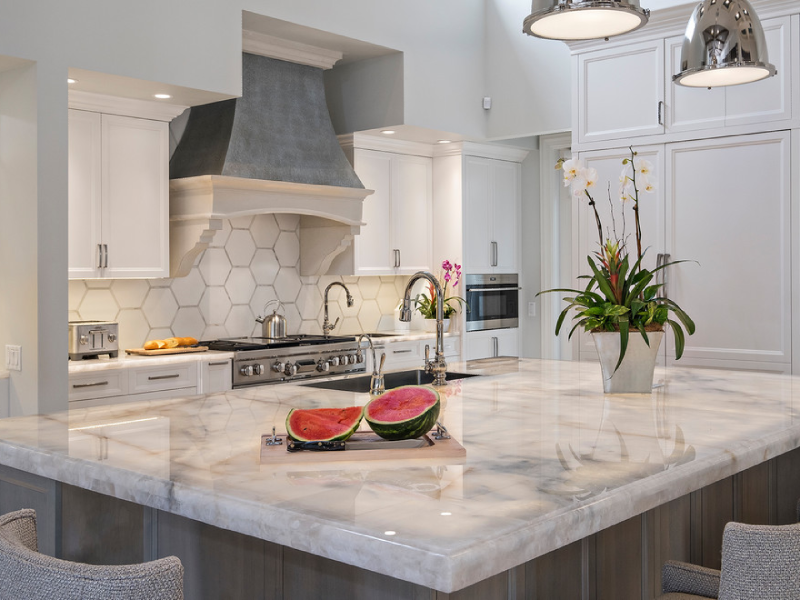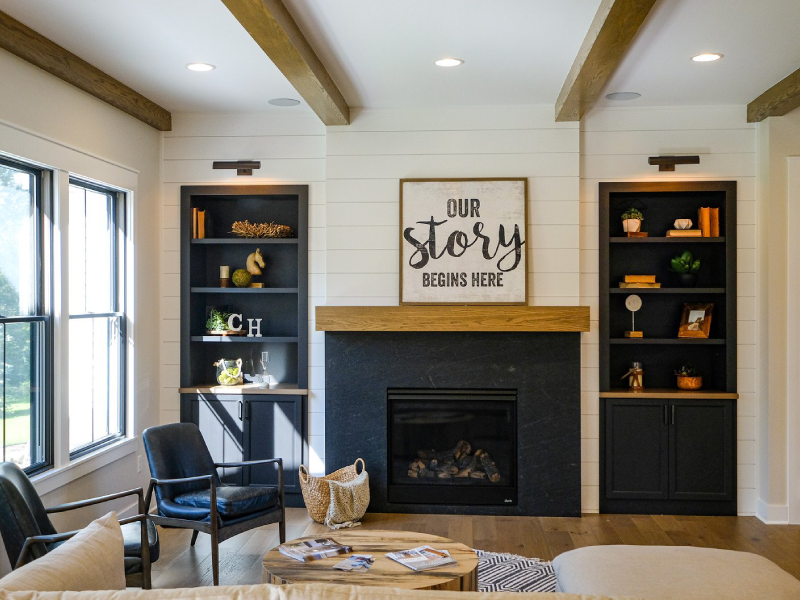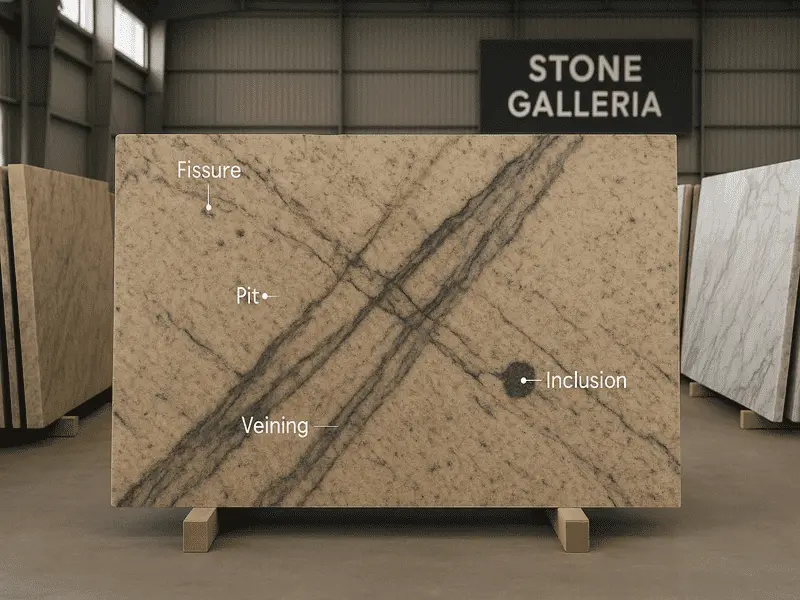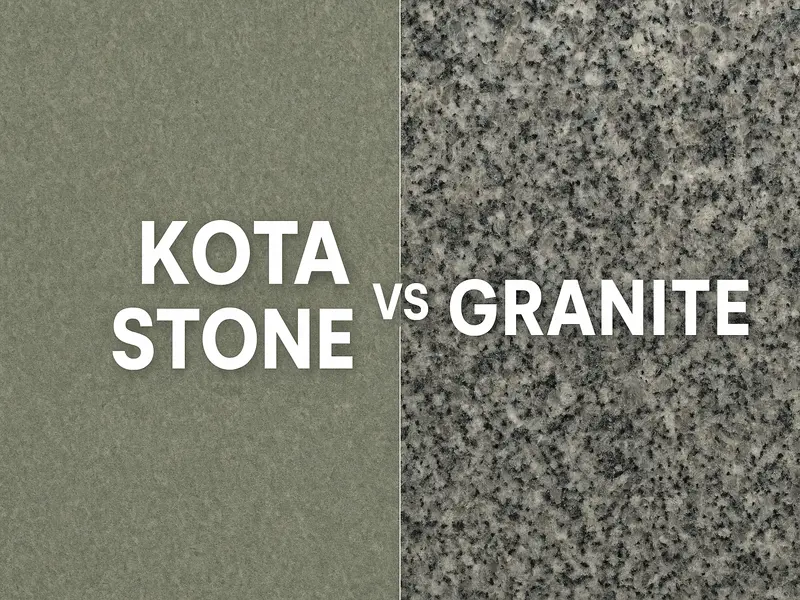Imagine this: you’re designing your building, and you want every detail to be perfect. The material you choose will not only define the space but also endure the daily hustle and bustle of your life. It’s easy to feel overwhelmed when faced with options like granite vs. quartzite vs. quartz, each promising durability and style in unique ways. The primary confusion lies in differentiating between these materials, compounded by the hundreds of choices within each category. Before diving into the specifics, it’s crucial to establish clarity on your specific needs and preferences. This foundation will guide us in selecting the ideal countertop that not only enhances your kitchen but also aligns seamlessly with your lifestyle.
Here, we’ll delve into the world of countertop materials, focusing on three popular choices: granite, quartzite, and quartz. We’ll explore the unique characteristics and benefits of each material, helping you make a confident decision for your kitchen or any other space of your building.
Let’s start with granite, a natural stone renowned for its durability and unique patterns. Next, we’ll explore quartzite, which combines the elegance of marble with exceptional durability. Finally, we’ll dive into quartz, an engineered stone offering versatility and low maintenance. By the end, you’ll have a clear understanding of how these materials differ and which one might best suit your lifestyle and aesthetic preferences.
Also READ | Granite vs. Quartzite: Comparing Two Titans of the Natural Stone World

Side By Side Comparision of Granite Vs. Quartzite Vs. Quartz
| Parameter | Granite | Quartzite | Quartz |
|---|---|---|---|
| Formation | Natural stone | Natural stone | Engineered stone |
| Aesthetics | Natural variations in color/patterns | Natural variations, marble-like | Wide range of colors/patterns |
| Common Applications | Countertops, Flooring, Exterior | Countertops, Fireplaces, Exterior | Countertops, Backsplashes, Vanities |
| Durability | High | Very High | High |
| Maintenance | Requires periodic sealing | Requires sealing, low maintenance | Low maintenance, no sealing |
| Porosity | Medium | Low to Medium | Non-porous |
| Heat Resistance | High | Very High | Low |
| Scratch Resistance | High | Very High | High |
| Stain Resistance | Requires sealing to be stain-resistant | Low porosity, better stain resistance | Very stain-resistant due to non-porosity |
| Mohs Hardness | 6-7 | 7-8 | 7-8 |
| Environmental Impact | Natural stone, quarrying impact | Natural stone, quarrying impact | Engineered, some environmental concerns |
| Pros | Unique patterns, durable, heat-resistant | Resembles marble, very durable, highly heat-resistant | Non-porous, low maintenance, consistent patterns |
| Cons | Requires sealing, can be relatively porous | Requires sealing, limited availability and Expensive | Less heat-resistant, can be expensive |
| Notes | Resistant to heat, scratches, and stains | Extremely heat-resistant and durable | Engineered stone, more uniform appearance |
| Cost/Price | Moderate to high | High | Moderate to high |

Choosing the right material involves weighing various factors such as durability, maintenance, aesthetics, and cost. Granite, a natural stone known for its diverse color palette and patterns, offers high durability against heat, scratches, and stains, though it requires periodic sealing. Quartzite, another natural stone, combines the elegant appearance of marble with exceptional durability and lower maintenance needs compared to granite. In contrast, quartz stands out as an engineered stone with a non-porous surface that resists stains and requires minimal maintenance, although it may not match the heat resistance of natural stones. Each material presents unique advantages suited to different preferences and practical considerations in home design and renovation projects.
ALSO READ | Granite Vs. Marble: Similarities and Differences between Granite and Marble
Granite:
Strengths:
- Natural variations in color and pattern provide unique aesthetics.
- High durability against heat, scratches, and stains.
- Suitable for a wide range of applications including countertops, flooring, and exterior uses.
Weaknesses:
- Requires periodic sealing to maintain stain resistance.
- Can be relatively porous, which may require more maintenance compared to non-porous materials like quartz.
Quartzite:
Strengths:
- Resembles marble with elegant, marble-like patterns.
- Very high durability, with excellent resistance to heat, scratches, and stains.
- Low to medium porosity, offering better stain resistance than granite.
Weaknesses:
- Requires sealing, although less frequently than granite.
- Limited availability and can be more expensive due to its natural beauty and durability.
READ | Quartzite Heat Resistance: A Comprehensive Guide
Quartz:
Strengths:
- Engineered stone with a wide range of colors and patterns, including options that mimic natural stones like marble and granite.
- Non-porous surface that is highly resistant to stains and requires no sealing.
- Low maintenance with consistent patterns and colors throughout.
Weaknesses:
- Less heat-resistant compared to natural stones like granite and quartzite.
- Can be more expensive than granite and requires careful handling during installation due to its engineered composition.
ALSO READ | The Reason for Material Selection: Engineered Stone Vs Natural Stone
You might also find it interesting to explore an article discussing the heat resistance properties of these stone.
Quartz vs. Granite – Heat Resistance Comparison
Quartz vs. Granite – Heat Resistance Comparison
The Heat Resistance of Granite: Essential Facts
Everything You Need to Know About Quartzite Slab – A Comprehensive Guide
Explore the diverse range of Indian granite and quartzite offered by Stone Galleria LLP today and discover timeless beauty for your next project.


 Fact Checked
Fact Checked














